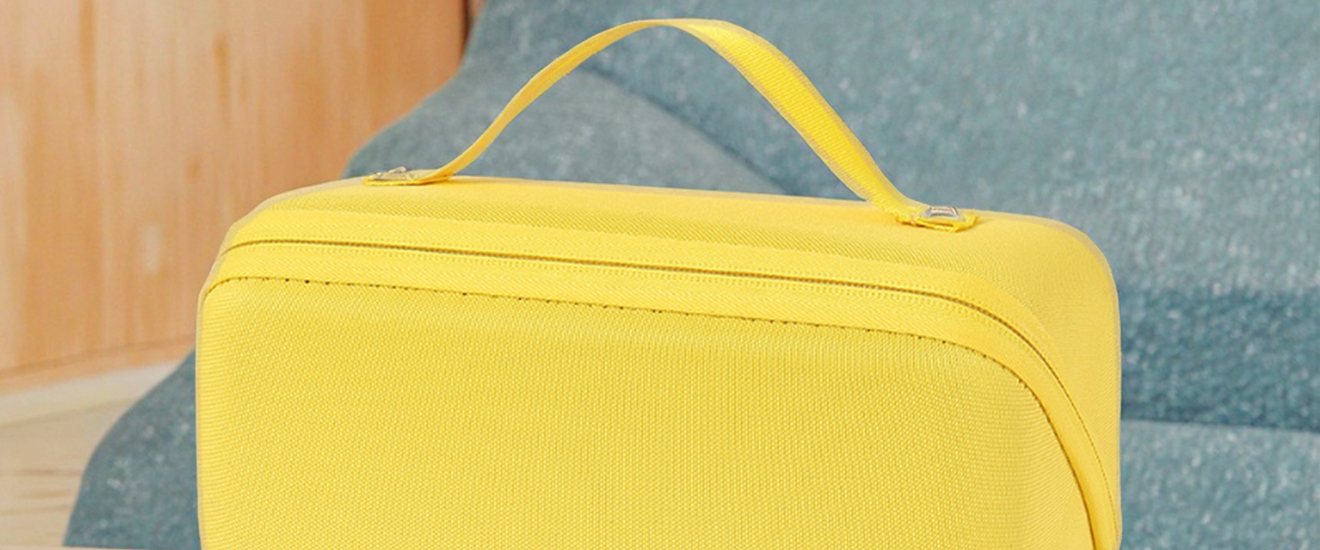In the fiercely competitive consumer goods industry, two giants stand tall - Procter & Gamble (P&G) and Unilever. Both companies have a rich history, global presence, and a diverse portfolio of products. But who truly reigns supreme? In this blog post, we will delve into the depths of these industry titans, comparing their strategies, innovations, and market performance to determine who is better - P&G or Unilever.
- Company Overview:
P&G: Procter & Gamble, founded in 1837, is an American multinational corporation with a wide range of products spanning beauty, grooming, healthcare, and household care. P&G's brand portfolio includes household names like Pampers, Gillette, and Tide.
Unilever: Established in 1930, Unilever is a British-Dutch multinational company specializing in food, beverages, cleaning agents, and personal care products. Unilever's renowned brands include Dove, Knorr, and Lipton.
- Market Presence and Revenue:
P&G: With a global footprint in over 180 countries, P&G generates substantial revenue, reaching $70 billion in 2020. The company's strong market presence is attributed to its extensive distribution network and strategic acquisitions.
Unilever: Operating in more than 190 countries, Unilever boasts an impressive revenue of $58 billion in 2020. The company's success can be attributed to its focus on emerging markets and sustainable business practices.
- Innovation and Research:
P&G: Known for its relentless pursuit of innovation, P&G invests heavily in research and development. The company's innovation centers worldwide focus on developing breakthrough products and technologies, ensuring a competitive edge in the market.
Unilever: Innovation is at the core of Unilever's business strategy. The company emphasizes sustainability and social responsibility, driving initiatives such as reducing plastic waste and developing eco-friendly products. Unilever's Open Innovation program collaborates with external partners to foster creativity and accelerate product development.
- Brand Portfolio and Market Segments:
P&G: With a diverse brand portfolio, P&G caters to various market segments. From baby care to fabric care, beauty to grooming, P&G's brands are trusted by millions worldwide. The company's ability to understand consumer needs and tailor products accordingly has contributed to its success.
Unilever: Similar to P&G, Unilever boasts a wide range of brands catering to different market segments. From food and beverages to home care and personal care, Unilever's brands resonate with consumers globally. The company's focus on sustainability and purpose-driven marketing has helped build strong brand loyalty.
- Marketing and Advertising Strategies:
P&G: P&G is renowned for its impactful marketing campaigns that evoke emotions and connect with consumers on a deeper level. The company invests heavily in advertising, leveraging various channels to reach its target audience effectively.
Unilever: Unilever's marketing approach revolves around purpose-driven advertising, emphasizing social and environmental causes. The company's campaigns often aim to inspire positive change and resonate with consumers' values, fostering brand loyalty.
Conclusion:
In the battle of consumer goods giants, both P&G and Unilever have demonstrated their prowess in the industry. P&G's relentless innovation and extensive brand portfolio have solidified its position as a market leader. On the other hand, Unilever's commitment to sustainability and purpose-driven marketing has garnered significant consumer trust. Ultimately, determining who is better between P&G and Unilever depends on individual preferences and priorities. Both companies continue to shape the industry, driving innovation and meeting consumer needs in their unique ways.


